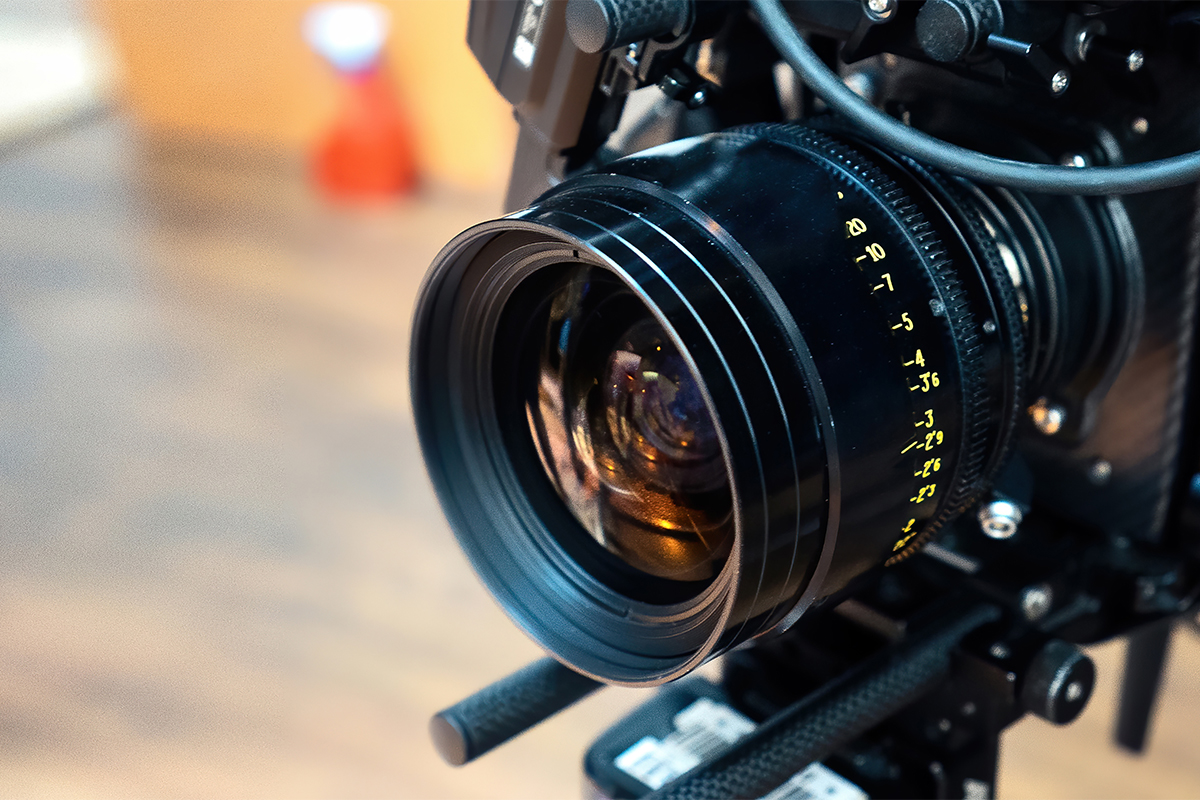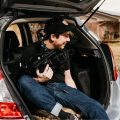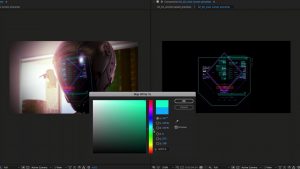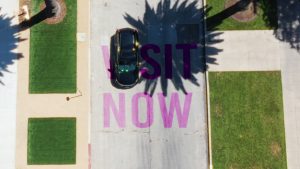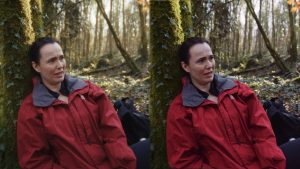So you’re ready to direct your first interview. There’s more to it than camera placement and proper lighting. Here’s what you need to know.
Directing and conducting on-camera interviews is a skill every videographer needs at some point. Tutorials discuss how to shoot and light an interview — as well as the gear you’ll need — but here we’ll talk about a few tips on directing on-camera talent and getting the best answers possible from your subjects.
Research

Directing starts before the camera even starts rolling. The role of the director is to fully understand the subject matter of the project and the person you’ll be interviewing for the video. You’ll want to know the background of the person speaking on camera, including any notable accomplishments, how they got started in their area of expertise, and any other pieces of information that could be useful in conducting the interview.
As an example in our video, we interviewed a professional musician. It would be a good idea to know what instruments they know how to play, where they may have gone to school, and the bands they’ve performed with. Not only will this comprehensive research come through in the final product, but you’ll be a better interviewer in the moment when it really matters.
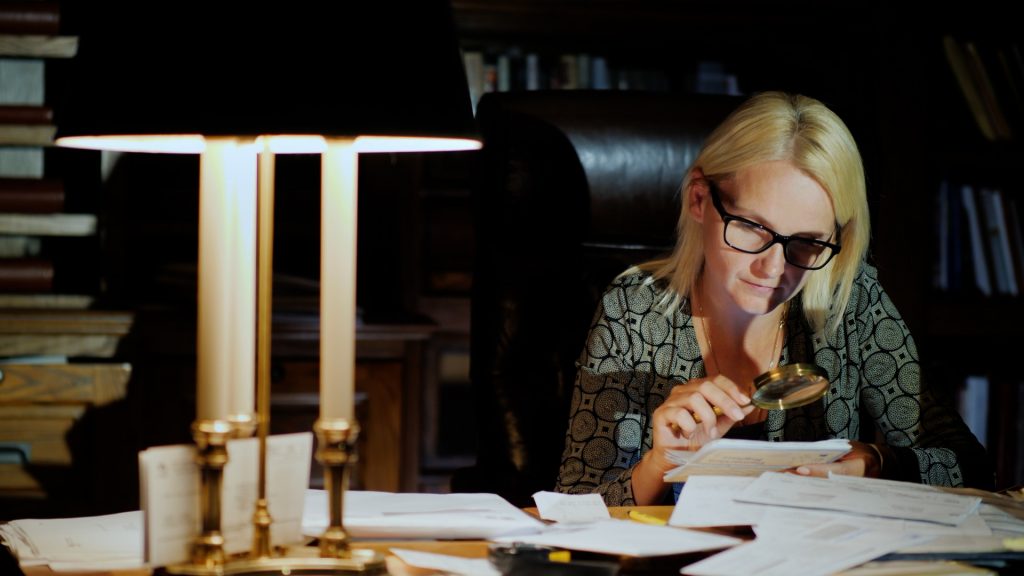
An added benefit is that the research can create some common ground between you and the interviewee. Shared knowledge and a common interest in a subject may yield better, more honest responses. Secondly, the subject may feel more comfortable being on camera answering questions, giving you more authentic and generally better answers during the interview process.
Prepare Questions Ahead of Time

It may seem obvious to prepare questions prior to the interview, but sometimes this doesn’t get done correctly. The director’s role is to get the best and most relevant answers from their subject. Working through a list of questions will make your interview flow more naturally. Start with a dozen or two dozen questions, but keep the timeframe of the interview in mind. A dozen questions may not be feasible in a 30-minute window, and simply trying to ask them in order will result in some questions going unanswered. Determine the most relevant questions for the story, and leave the rest on the cutting room floor.
If possible, send these questions to your interview subject ahead of the filming. They’ll appreciate knowing what you’re going to ask them, and they can prepare their responses. There’s nothing worse than a rambling interview subject who didn’t really answer the question you posed.
Keep Notes
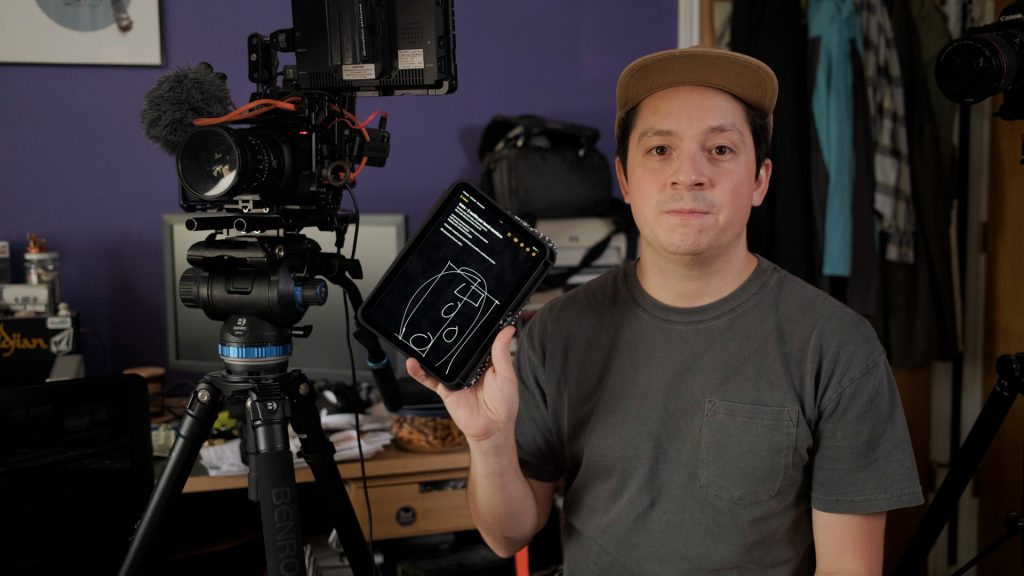
Let’s talk about a tip you need while the cameras are actually rolling. Taking diligent notes can be immensely helpful for a few different reasons. Primarily, it helps you keep track of what the interviewee said, and it’s a good record of whether or not you got the responses that you were seeking. There’s nothing worse than realizing in editing that you don’t have a crucial sound bite and struggling to find a solution.
Keeping track of responses in real-time can also facilitate other questions down the line. The interviewee may have referenced a piece of info or a snippet of memory that you would like to explore further. Referring back to a previous response shows that you were actively listening to the subject, and it may prompt more in-depth answers.
Finally, in post-production, referring to your notes for specific answers or noteworthy responses can save you a ton of time. I’ve learned this the hard way by rewatching hours of interviews on my computer and searching for that one soundbite I loved. If I had taken diligent notes, I would have saved myself hours of time and been able to locate the soundbite easily.
Could You Repeat That?
Responses are often much longer than you’ll need in the final edit. A typical interview session takes about an hour, with the final product being somewhere between 2-5 minutes. That means clean, simple, and concise answers are what you need. If your subject gave you a long response, but you need a shorter one, just ask. Of course, let them finish their response first; don’t interrupt them.
I’ll often say something to the effect of “I liked how you said (insert quote) during that last response — could you shorten that up a little bit?” Usually, the interviewee will gladly oblige and give you a much more concise answer, which will save time during editing.

Directing on-camera interviews is a skill every director should refine. With these quick tips, I hope you’ll be able to get the exact responses you need for your project!
Cover image via Freepik.
For more insight into directing, check out our series on thinking like a director:
- A Guide to Thinking Like a Director
- Think Like a Director: Pacing Your Script
- Think Like a Director: Your Friend, the Color Wheel
- Think Like a Director: Music Makes the Mood
Looking for some music for your projects? At Videvo, our library has everything from free ambient music to music for streams — perfect for any indie project:
- Royalty-free Christmas music
- Royalty-free meditation music
- Royalty-free upbeat music
- Royalty-free jazz music
- Royalty-free Halloween music
Need a break? Check out our videvoscapes — the ultimate reels for relaxation or concentration. Each videvoscape collects hours of high-definition nature footage and background video with downtempo chill beats for the ultimate escape from the grind.
